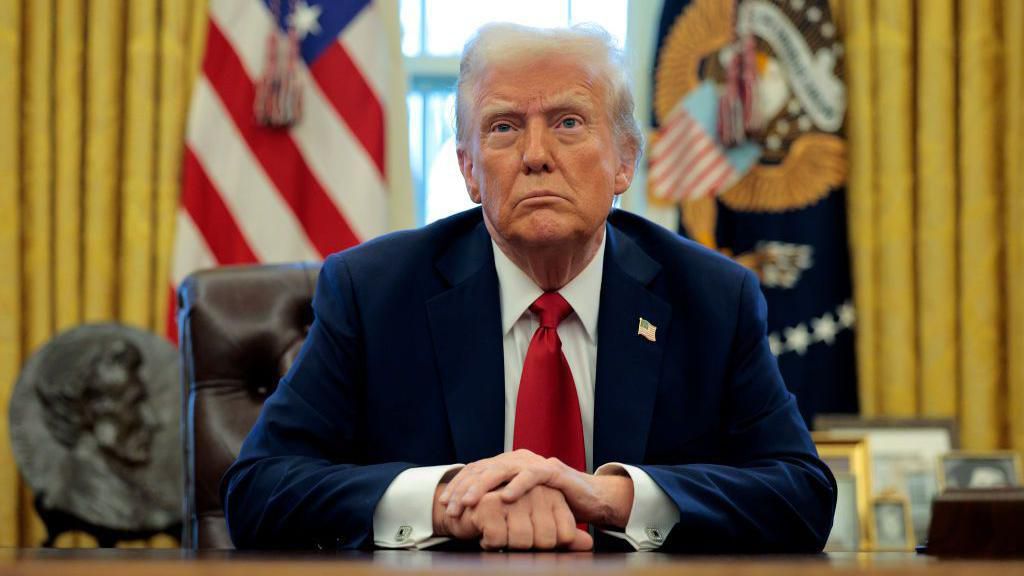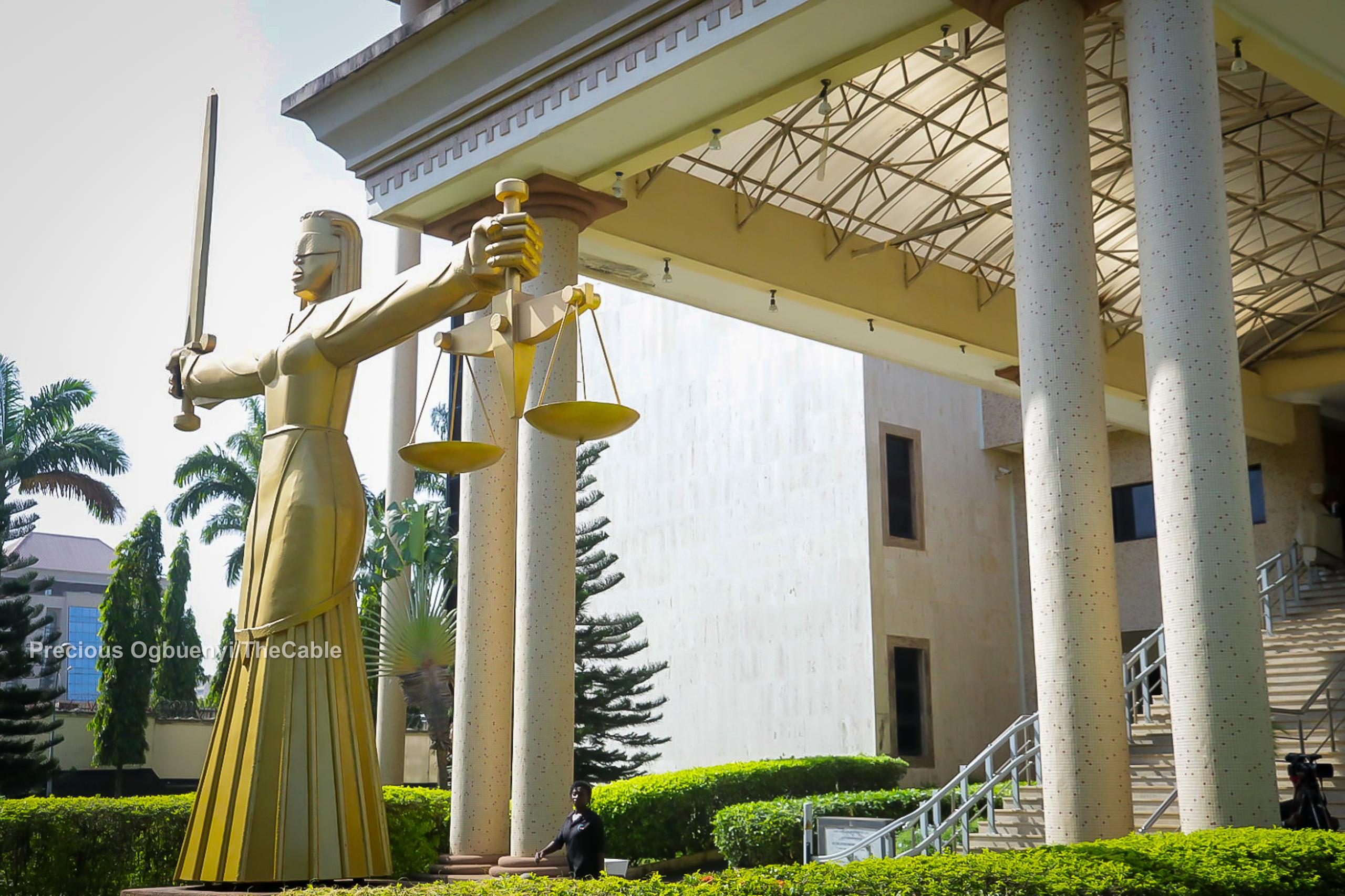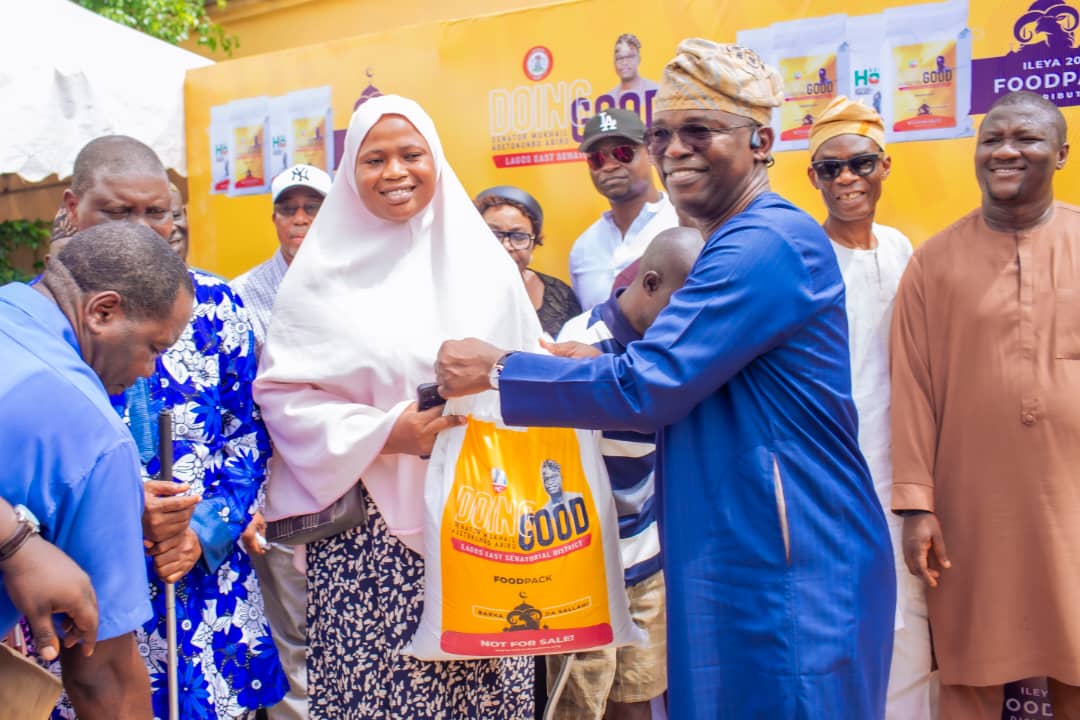Crisis looms in APC as party rejects automatic ticket bid for aspirants
A crisis of interest appears to be unfolding within the ruling All Progressives Congress (APC) following last month’s endorsement of President Bola Tinubu for a second term in 2027.
The endorsement, championed by the Chairman of the Progressive Governors’ Forum (PGF), Hope Uzodimma, Senate President and National Assembly leader, Godswill Akpabio, and the party’s National Chairman, Umar Ganduje, has stirred significant reactions.
This development has reportedly emboldened other party officials, particularly lawmakers, to anticipate automatic tickets ahead of the next general elections: a prospect that observers warn could undermine internal democracy if not carefully handled.
In states like Delta, where Governor Sheriff Oborevwori and the entire structure of the Peoples Democratic Party (PDP) recently defected to the APC, tension is already rising over how the national leadership will manage its primaries ahead of 2027.
The critical question now is whether the party will sacrifice the ambitions of its long-standing members, who built the APC before Oborevwori’s defection, or throw the ticket open in competitive primaries.
The same concern applies to lawmakers from opposition parties who recently defected to the APC. While some of these lawmakers have been pushing for automatic tickets, longstanding party members—described as “landlords”—have pushed back, asserting that no such arrangement exists.
Amid growing unease within the party, especially as some members float the idea of automatic tickets, the National Publicity Secretary, Mr Felix Morka, issued a terse statement dismissing media reports that the APC had granted automatic tickets to serving National Assembly members as “fake news.”
In the statement, Morka said: “The report is fake news and should be disregarded in its entirety, as it did not emanate from our great party.”
He added that the party urges all members and the general public to ignore the report, describing it as being “of mischievous origin.”
This clarification comes amid growing concerns that the early endorsement of President Tinubu’s second term by the Akpabio-led National Assembly and the Uzodimma-led Progressive Governors’ Forum could trigger elite protectionism within the party, especially among lawmakers seeking guaranteed return tickets in 2027.
Since the May 2025 endorsement, many lawmakers, especially those who spearheaded Tinubu’s campaign or defended his policies in the legislature, have been quietly lobbying for unchallenged renomination. They argue that their visible loyalty to the president during a turbulent reform period should earn them political protection.
However, several state party organs, aspirants, and governors have expressed strong opposition to any blanket return arrangement, citing the need to preserve internal democracy and grassroots competitiveness.
They argue that if a lawmaker has performed well, they should be able to win a primary, insisting they will not allow candidates to be imposed in their states.
The rising expectation of automatic tickets is also fueling tension between federal lawmakers and APC governors, who traditionally control party structures at the state level.
Despite the party’s public denial, critics argue that subtle lobbying and behind-the-scenes assurances may still persist, especially in APC strongholds. They point to past election cycles, such as in 2019 and 2023, where informal deals often contradicted the party’s public stance on free and fair primaries.
Reacting to the development, former APC National Vice Chairman (South-South), Prince Hilliard Eta, welcomed the party’s statement, describing it as a step in the right direction. He maintained that both governors and National Assembly members should be assessed on their individual merit.
He said: “The President has been assessed and seen to have done a good job. So anybody seeking a second or third term must put their report card on the table for party members to evaluate. We know some of them have nothing to show for occupying their seats.”
In another reaction, the Coalition of United Political Parties (CUPP) expressed dismay over the APC’s handling of the automatic ticket issue.
In a statement signed by its National Secretary, Peter Ameh, CUPP said that while the APC claims there are no automatic tickets for National Assembly members, the party’s position fails to fully address the underlying issue.
The statement reads: “The truth remains that automatic tickets, in whatever form, are undemocratic and disenfranchise other party members from participating in free and fair primaries. This practice undermines the democratic process and stifles the aspirations of many deserving party members.
“We are not oblivious to the APC’s notorious practice of promising automatic tickets to defectors from other parties. This blatant double standard exposes the APC’s lack of commitment to democratic principles and fairness.
“We call on the APC to stop deceiving the public and to uphold transparency and fairness in its internal processes. Nigerians deserve a political system that emphasizes merit, inclusivity, and genuine democratic participation—not one driven by underhanded deals and false promises.”
CUPP insisted that Nigerians deserve better and called for a level playing field where all members can contest primaries freely.
Former Senate Minority Leader, Olorunnimbe Mamora, said the automatic ticket issue in the APC is now a “wait and see” situation. According to him, “Each case will be addressed on its own merit at the appropriate time. There’s no doubt that the issue of automatic tickets will create some tension between defecting lawmakers and long-serving party members. But I believe the APC leadership has the necessary mechanisms to manage the situation when needed.”
Tanko Yunusa, Coordinator of the Obidient Movement and a prominent Labour Party chieftain, warned that the APC is heading for internal implosion due to its lack of internal democracy and exclusionary politics.
Reacting to reports that the APC has ruled out automatic tickets for its National Assembly members, Yunusa said the party’s internal contradictions are increasingly apparent and unsustainable.
“They know they’ve bitten off more than they can chew,” Yunusa said in a fiery response. “That’s the beginning of the implosion that is bound to happen in that party.”
According to him, the APC’s attempt to manage a swelling pool of self-interested actors without a clear democratic framework is doomed to fail. “They’ve now taken in so many people with similar ambitions, and managing them is now a challenge. That’s why they need a multi-party democratic system, not the exclusive one-party dominance they’re attempting. It won’t work. It will destroy democracy,” he declared.
Yunusa also criticised the party for what he described as “selfishness” in its alleged predetermined support for President Tinubu’s re-election bid—despite publicly denying automatic tickets for lawmakers.
On the early endorsement of Tinubu almost two years to the 2027 election, he said, “That is selfishness. That’s part of the implosion we are talking about.”
While acknowledging criticisms of the Labour Party’s own internal dynamics, Yunusa defended Peter Obi’s leadership, saying Obi has never blocked anyone from contesting primaries.
“Yes, you may say the same about Peter Obi, but he has always been open to competition. He never stops anyone from contesting in our party,” he added.
Yunusa’s remarks underscore the growing discourse around internal democracy—or its absence—and how it could shape the future of Nigeria’s major political parties ahead of 2027.










